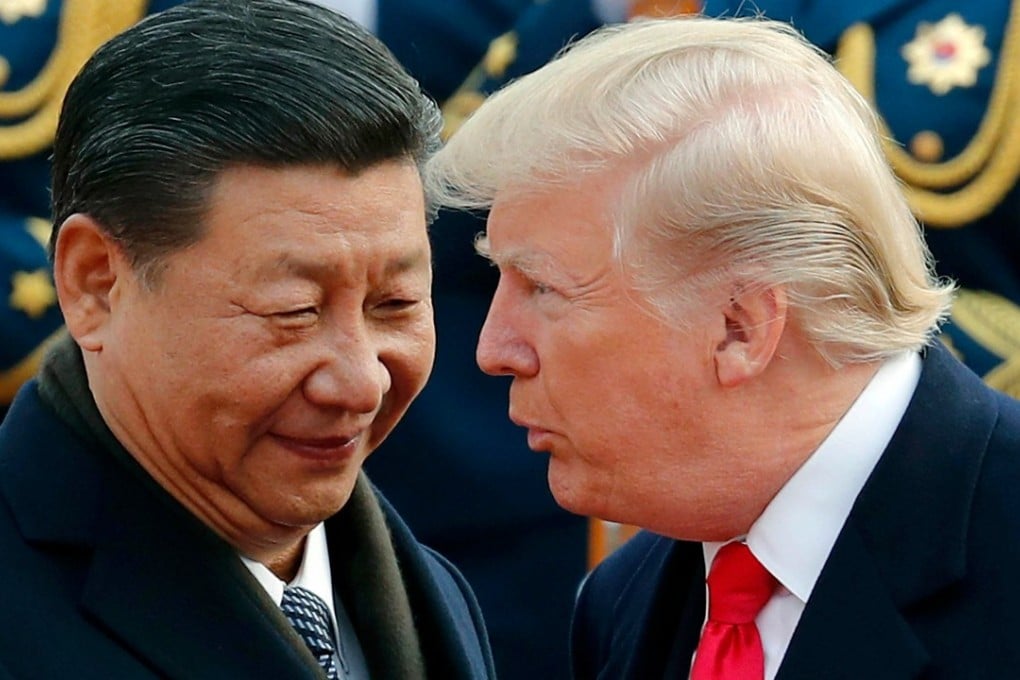‘Belt and Road’ countries will benefit most in the event of any China-US trade war
Beijing’s global trade initiative seen as a form of insurance policy should transPacific trade ties get worse

Escalating trade tensions between China and the United States have sent a shudder through markets, causing analysts with a flair for the dramatic to dust off their “trade war” scenarios and start predicting all kinds of trouble ahead.
They may turn out to be right. But with official figures showing China’s economy grew 6.8 per cent in the first quarter compared with the same period last year, it makes no sense to panic yet. Instead, it pays to take account of the more detached, longer-term views of leading academics not caught up in the day-to-day roller coaster of commodity prices and market moves.
“I would rather call this a unilateral protectionist action by the US,” says Edwin Lai, professor in the department of economics and director of the Center for Economic Development at Hong Kong University of Science and Technology (HKUST). “There is a risk of heading into a trade war, but we do not have that yet. I think China is going to be very cautious in trying to avoid that [possibility], as it still wants to access the American market for its exports and outward direct investment.”
I think China is going to be very cautious in trying to avoid that [possibility of a trade war], as it still wants to access the American market for its exports and outward direct investment
In addition, he notes, any trade war, should there be one, would be short-lived and not large-scale. This is because China and the US have too many areas where they need cooperation, among them the North Korean situation. Also, political rhetoric aside, there are reckoned to be no real “incentives” for either side to engage in provocative actions which, in the longer run, either cancel each other out or guarantee no obvious benefit. Any move towards reducing the US trade deficit with China, even if practicable, would require lengthy negotiations and take years to unfold.
“The future of world trade would be threatened if the US openly violates WTO rules,” Lai says. “Multilateralism championed by the WTO would be headed towards demise.”
However, there is one easily foreseeable result of the current tension. It is likely to make China even more determined to press ahead with the “Belt and Road Initiative”, opening up new export markets in Central Asia and the Middle East and offering new channels for outbound direct investment.
“This will help speed up the progress of the Initiative,” Lai says.